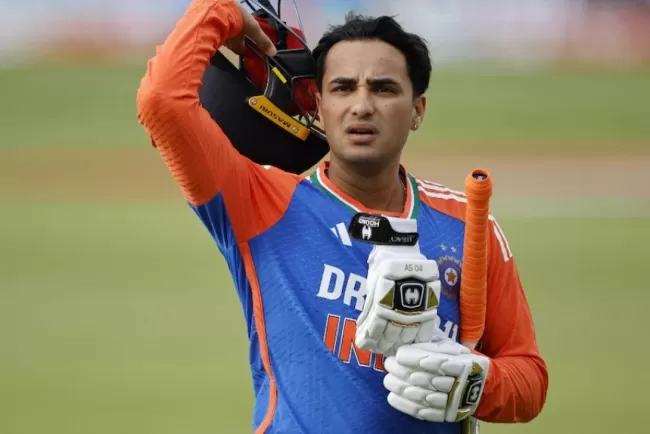Duterte's Arrest Sparks Massive Protests in the Philippines
Thousands of protesters in the Philippines have taken to the streets to rally against the arrest of former President Rodrigo Duterte, who faces charges of crimes against humanity at the International Criminal Court (ICC) related to his controversial war on drugs. This article explores the implications of Duterte's legal battles, the contrasting views of his supporters and victims’ families, and the broader political ramifications in the Philippines.
Protests Erupt Over Duterte's Arrest
In a show of solidarity, pro-Duterte demonstrators gathered in large numbers, chanting "Bring him home" as they expressed their belief that the former president was wrongfully detained in The Hague. Supporters, including Duterte's lawyer Salvador, claim he was abducted from the Philippines to face the ICC. The allegations against Duterte stem from accusations that his administration's actions led to a systematic attack on civilian populations during the war on drugs, resulting in thousands of deaths.
Duterte is currently held in a detention center in The Hague, awaiting a confirmation of charges hearing set for September 23rd. At this hearing, he will have the opportunity to contest the accusations leveled against him, which has kept both his supporters and critics on edge.
Duterte's Family Speaks Out
Sara Duterte, the vice president and daughter of the former leader, has voiced her father's confidence in the legal process, asserting that the charges against him are unfounded. She also provided an update on his health, stating that he is in better condition and receiving appropriate medical care. This reassurance aims to quell concerns among supporters who fear for his well-being in detention.
Victims' Families Seek Justice
While Duterte's supporters rally for his release, families of victims from his war on drugs view the ICC proceedings as a critical opportunity for justice. Many believe that the legal actions against Duterte could bring accountability for the atrocities committed during his presidency, highlighting the stark divide in public sentiment regarding his legacy.
Political Context and Future Implications
Duterte's arrest and the subsequent protests are set against a backdrop of political tension within the Philippines, particularly following a fallout with the ruling Marcos family. As the nation grapples with its past, the clash between Duterte's supporters and victims’ families illustrates the complexities of justice and accountability in the Philippines.
The outcome of Duterte’s legal battles could have significant ramifications for the political landscape in the country, influencing public opinion and the future direction of governance. As the ICC prepares to address the charges against him, the world watches closely to see how this high-profile case unfolds.
Conclusion
The protests against Duterte’s arrest mark a pivotal moment in the Philippines' ongoing struggle with political accountability and human rights. As both sides prepare for the upcoming hearing, the situation remains charged with emotions and differing perspectives on Duterte's legacy. The coming weeks will be critical in determining not only Duterte's fate but also the broader implications for justice in the Philippines.
Stay tuned for further updates on this developing story as it unfolds.
What's Your Reaction?















